Entrepreneur Stories
Ratan Tata Unknown Facts
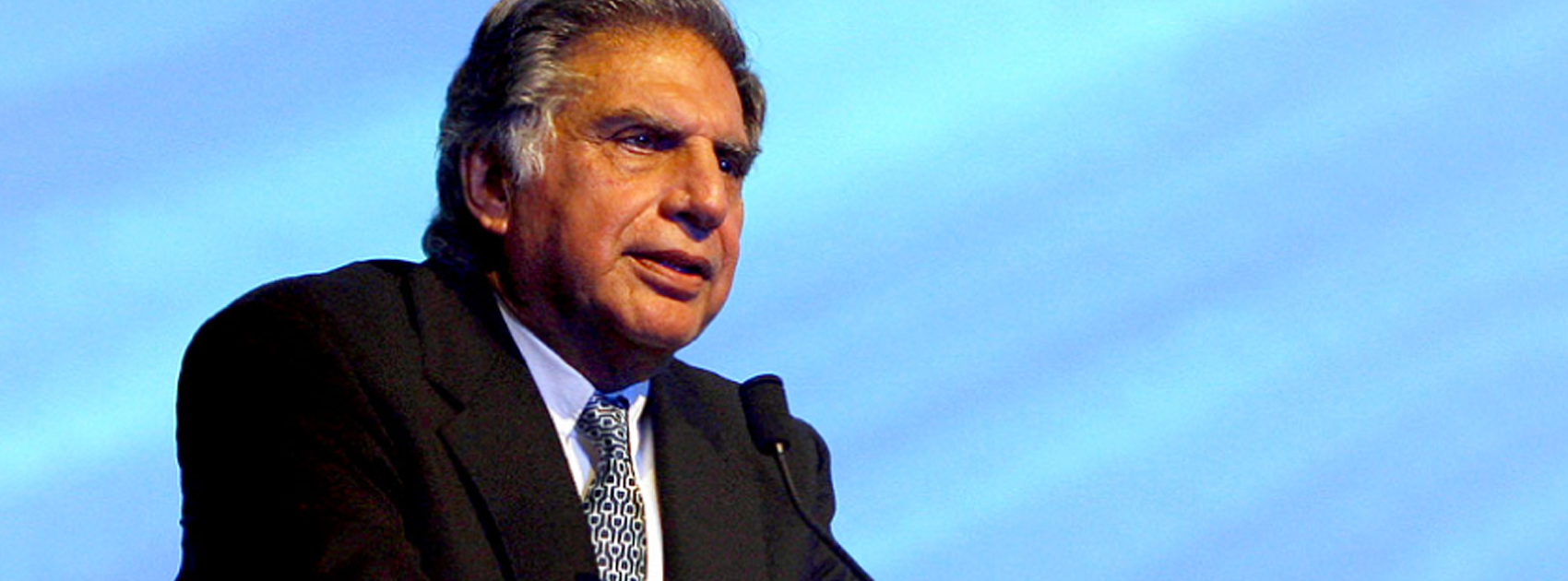
Chairman emeritus of the Tata Group, Ratan Tata is arguably one of the most successful people of India. During his 21 year career, he transformed Tata Group from a national brand to an international brand with his impeccable business skills.
Here is a list of some lesser known facts about the 81 year old industrialist:
1) Though he was born in an affluent household, Ratan Tata had a troubled childhood. His parents, Naval Hormusji Tata and Sooni Tata, separated when he was just 7 years old. Post the separation, his brother and he were raised by their grandmother.
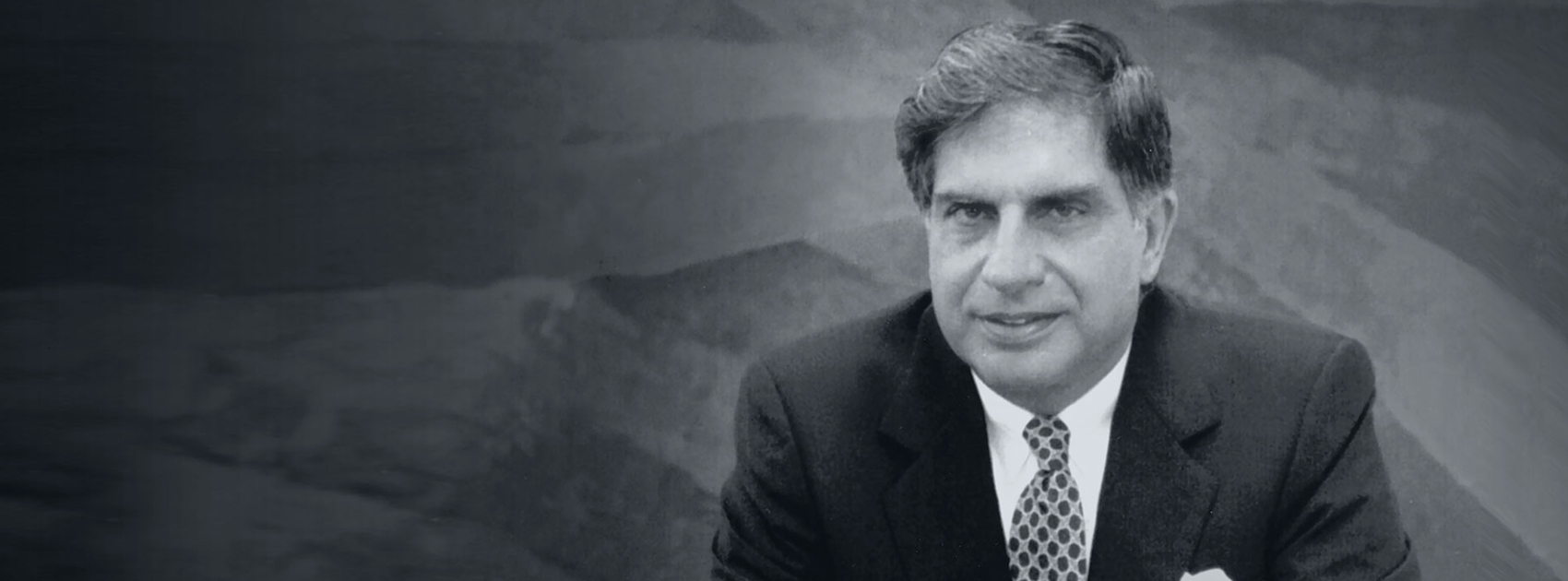
2) Ratan Tata has a degree in architecture from Cornell University and he even pursued an advanced management program from Harvard Business School.
3) When Ratan Tata first started his career at Tata Steel, his job was to manage the blast furnace and shovel limestone. It was only in 1991 he became the Chairperson.
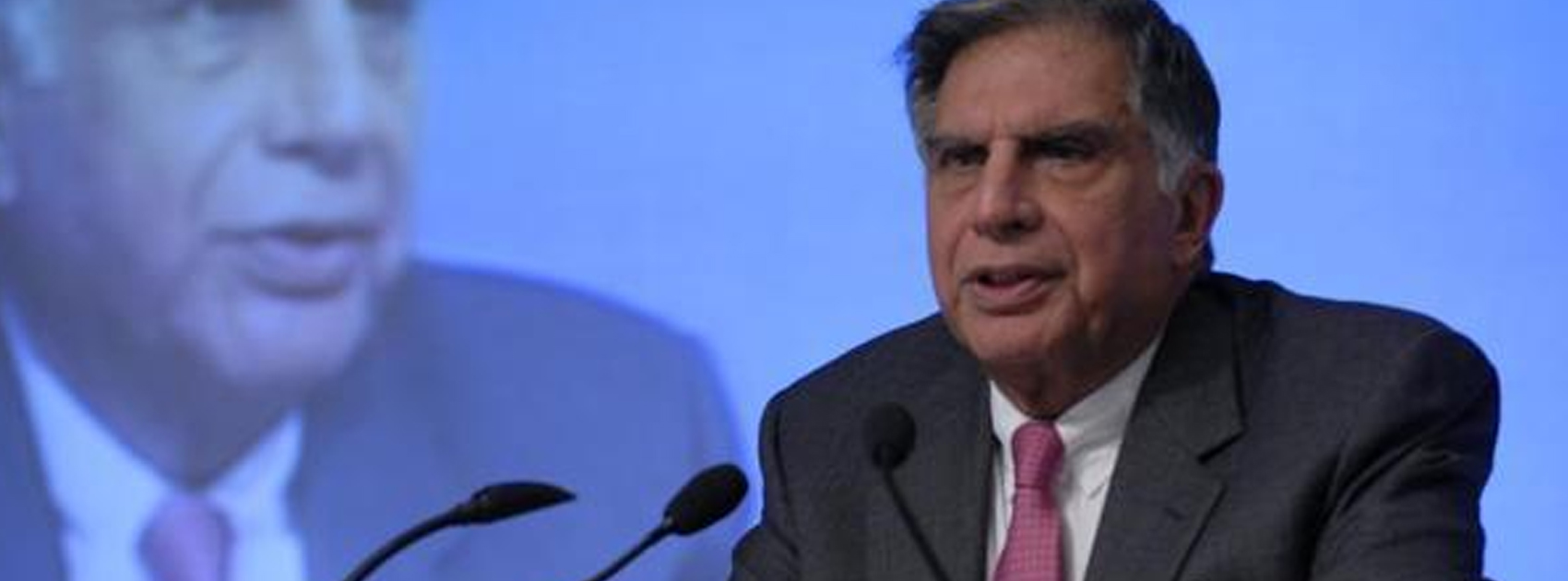
4) Ratan Tata is an avid car lover and does not refrain himself from spending on cars. His car collection includes Maserati Quattroporte, Chrysler Sebring, Ferrari California, Mercedes Benz S-Class and Jaguar F-Type.
5) Not many people know Ratan Tata is a trained pilot. He owns a pilot’s license and is often seen flying aircrafts owned by the Tata Group. He was also the first Indian to fly the F-16 Falcon in 2007.
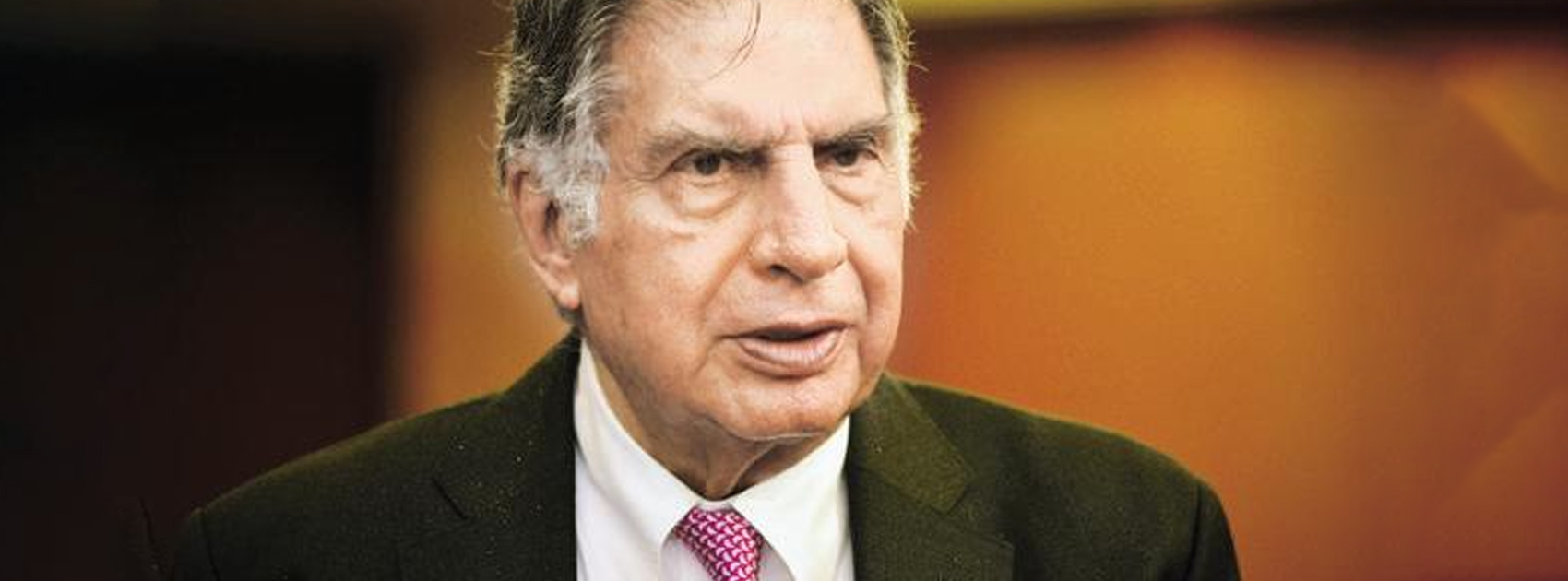
6) In 1999, Ratan Tata and his team went to Ford to sell their emerging car business and were humiliated by Bill Ford who said, “You do not know anything, why did you start the passenger car division at all.” Nine years later, Ratan Tata got his sweet revenge when he took over Ford’s ace car brands, Jaguar and Land Rover, for half the price.
7) Ratan Tata received the third and second highest civilian awards, Padma Bhushan and Padma Vibhushan in 2000 and 2008 respectively. In 2009, the United Kingdom honoured him with the Honorary Knight Commander of the Order of the British Empire.
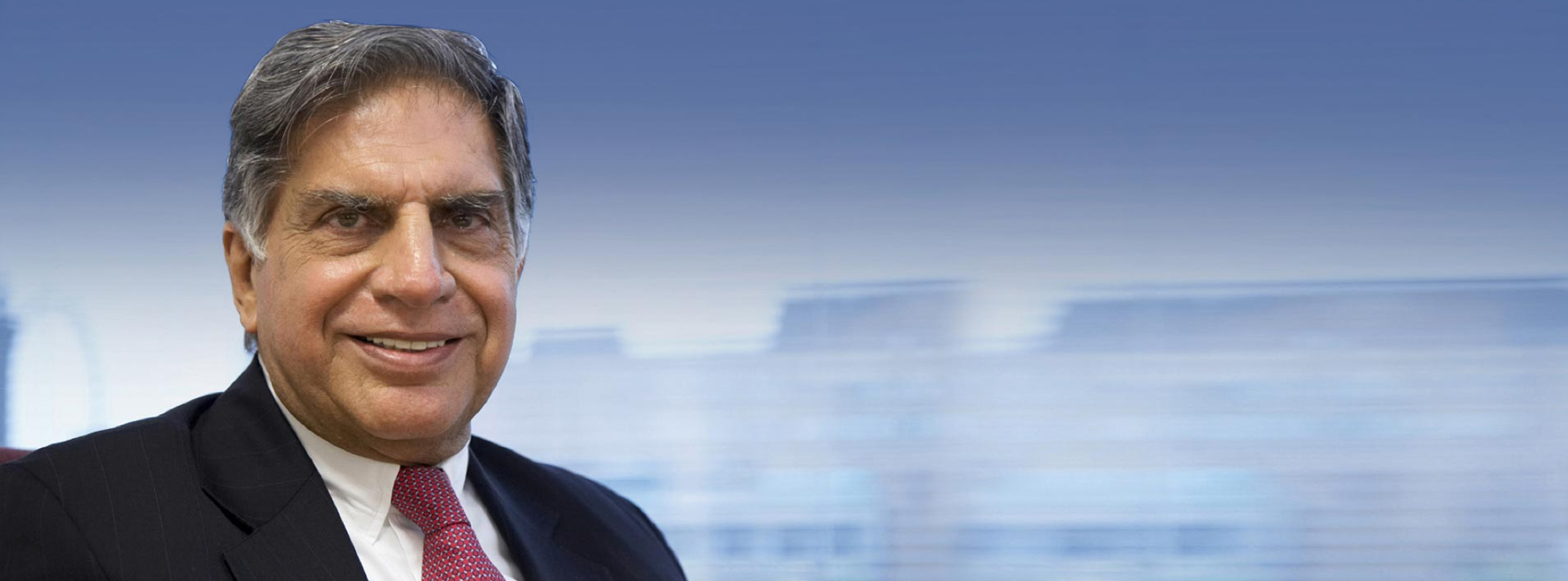
8) Ratan Tata is not included in the world’s richest as he owns most of his shares through trusts and foundations. If all those shares are accounted, his net worth would be $ 72 billion.
9) By his own admission, Ratan Tata came close to marriage 4 times in his life, but backed off each time either due to fear or another reason.
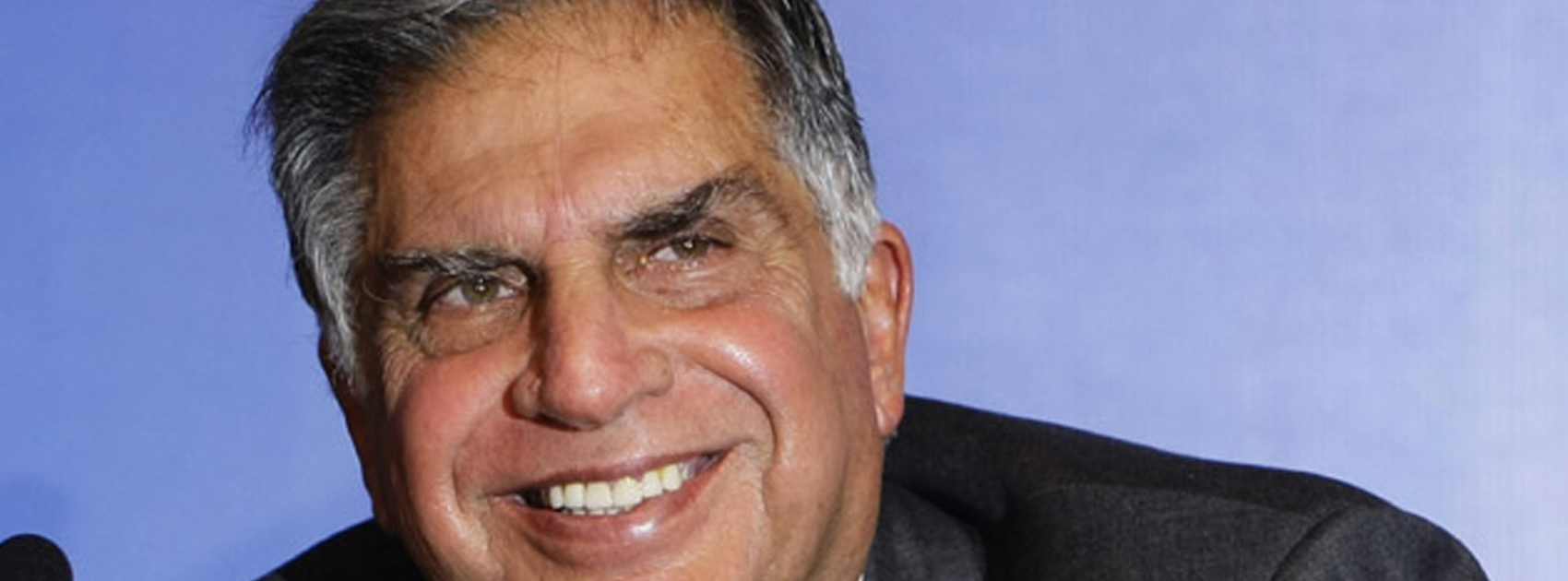
10) Ratan Tata donates millions to education every year. One particular year, he donated $ 50 million to Harvard University and $25 million to Cornell University, especially for the Indian students studying at the two universities.
Fighting all the hurdles that came his way, today Ratan Tata is the king of the corporate world. Thank you, Mr. Tata, for being an inspiration to an entire Nation.
Comment below and let us know which of these facts surprised you the most.
Entrepreneur Stories
Zupee Bolsters Short-Video Play with Vertical TV Acquisition Under INR 40 Cr

Delhi NCR-based gaming startup Zupee has acquired Mumbai-based microdrama platform Vertical TV in a deal valued under INR 40 Cr. This move strengthens Zupee Studio, its short-video arm launched in September 2025, by integrating Vertical TV’s expertise in bite-sized dramas like romance and thrillers.
Facing challenges from India’s 2025 real-money gaming ban, Zupee valued at $1 Bn after raising $120 Mn has pivoted to non-gaming content, including recent layoffs of 40% of its workforce. The acquisition builds on its November 2025 purchase of Australian AI firm Nucanon for interactive storytelling, targeting its 200 Mn+ users with engaging, mobile-first formats.
This deal underscores the rising microdrama trend in India, helping Zupee diversify amid regulatory pressures and compete in the short-video space dominated by quick, shareable content for on-the-go audiences.
Videos
T.N. Seshan: The Fearless Reformer Who Redefined Indian Democracy

T.N. Seshan’s name stands tall in India’s history as the man who transformed the nation’s electoral system with extraordinary courage and integrity. Born in 1932 in Kerala, Seshan grew up with values of discipline, education, and service to the nation — virtues that shaped his illustrious journey. From his early brilliance at Madras Christian College to his advanced studies in public administration at Harvard University, Seshan’s path reflected rare determination and intellect. Joining the Indian Administrative Service in 1955, he built a reputation as a no‑nonsense officer committed to efficiency and honesty, serving in key roles such as Secretary of Defense and overseeing vital national programs.
As the Chief Election Commissioner of India in 1990, T.N. Seshan sparked a new era of electoral integrity. In a system once marred by corruption, violence, and malpractice, Seshan brought order, fear, and respect through his groundbreaking reforms. He introduced voter ID cards, imposed strict spending limits on campaigns, and insisted on transparency at every level of the election process. Despite criticism from political circles that labeled him dictatorial, his relentless pursuit of fairness empowered every citizen to vote fearlessly. Under his leadership, the Election Commission became a symbol of strength and integrity in Indian democracy.
Seshan’s passing in November 2019 marked the end of an era, but his message continues to resonate across generations. Leaders from every corner of the country mourned the loss of the man who restored faith in free and fair elections. His enduring legacy reminds us that true leadership lies not in wielding power, but in serving people with honesty, courage, and conviction. T.N. Seshan’s life remains a timeless inspiration a reminder that democracy thrives only when its citizens are vigilant, responsible, and fearless.
Entrepreneur Stories
Indian Man Quits JPMorgan, Takes 70% Pay Cut to Launch $6 Million Startup

Leaving behind a high-paying job at JPMorgan, an Indian entrepreneur embraced a 70% salary cut to pursue true purpose and passion in the startup world. Disenchanted with what he described as a “robotic” corporate routine, he sought meaningful work that made a real impact. This pivotal decision marked the beginning of his new journey, one focused on value creation rather than titles and corporate perks.
Powered by resilience and fresh perspective, the entrepreneur launched his own startup, prioritizing innovation and hands-on solutions. The road was challenging, but his vision resonated with the market: the startup quickly gained traction and raised $6 million—an impressive acknowledgement of its potential in a competitive landscape. Every hard lesson from early setbacks and bootstrapping paid off in real customer growth and investor confidence.
Today, his journey stands as an inspiring example for professionals seeking authentic success outside the corporate grind. By trading comfort for creative freedom, he grew a venture that solves important problems, generates jobs, and builds wealth beyond just salary. For ambitious founders, his story highlights the power of risk-taking, adaptability, and relentless focus on impact in India’s thriving startup ecosystem.













站群程序
November 7, 2025 at 4:18 am
采用高效谷歌站群策略,快速提升网站在搜索引擎中的可见性与权重。谷歌站群
MM88
November 7, 2025 at 5:24 am
Với giao diện mượt mà và ưu đãi hấp dẫn, MM88 là lựa chọn lý tưởng cho các tín đồ giải trí trực tuyến.
MM88
November 7, 2025 at 9:06 am
Khám phá thế giới giải trí trực tuyến đỉnh cao tại MM88, nơi mang đến những trải nghiệm cá cược thể thao và casino sống động.
谷歌外推
November 10, 2025 at 2:45 am
采用高效谷歌外推策略,快速提升网站在搜索引擎中的可见性与权重。谷歌外推
GO88
November 13, 2025 at 9:59 pm
Tham gia cộng đồng game thủ tại Go88 để trải nghiệm các trò chơi bài, poker phổ biến nhất hiện nay.
iwin
November 17, 2025 at 1:17 pm
iwin – nền tảng game bài đổi thưởng uy tín, nơi bạn có thể thử vận may và tận hưởng nhiều tựa game hấp
Kuwin
November 22, 2025 at 5:30 pm
kuwin sở hữu kho game đa dạng từ slot đến trò chơi bài đổi thưởng, mang đến cho bạn những giây phút giải trí tuyệt vời.
J88
November 23, 2025 at 5:07 pm
Đến với J88, bạn sẽ được trải nghiệm dịch vụ cá cược chuyên nghiệp cùng hàng ngàn sự kiện khuyến mãi độc quyền.
Spinanga Casino Test Aktionscode
December 20, 2025 at 12:09 pm
Dies bedeutet, dass ein Spieler für seine erste Einzahlung eine erhebliche Summe zusätzliches Geld erhält.
Casinos, die vertrauenswürdige und schnelle Zahlungsoptionen anbieten, sind oft seriöser.
Renommierte Softwareanbieter wie NetEnt, Microgaming und Playtech garantieren hochwertige Spiele.
Bewertungen auf unabhängigen Plattformen helfen, die Vertrauenswürdigkeit eines Casinos zu beurteilen.
Casinos ohne Limit und ohne deutsche Lizenz locken in der Regel mit deutlich größeren Bonuspaketen. Wir haben gezielt nach deutsche Casinos ohne Lizenz gesucht, die
starke Spielerbewertungen auf Plattformen wie Trustpilot vorweisen können. Der Gesamtwert ist außergewöhnlich – besonders für diejenigen, die regelmäßig einzahlen und
die Boni systematisch freispielen. Spieler finden hier eine enorme Vielfalt – von klassischen Slots über moderne Video-Slots bis hin zu Live-Dealer-Tischen und RNG-Tischspielen.
Für deutsche Spieler, die bevorzugt unterwegs zocken,
liefert die Plattform nahtlose Performance auf iOS- und Android-Geräten. Das High-Roller-Willkommenspaket
von Spinch zeigt echtes Engagement für Großspieler.
Bei 50 € Einzahlung gibt es 50 Freispiele obendrauf.
Die Spieler müssen die Freispiele innerhalb von 24 Stunden nach ihrer Entstehung
aktivieren. Wenn Spieler mindestens €50 einzahlen, erhalten sie einen Match Bonus und Rolling Slots Freispiele.
Der maximale Betrag für den 300 % Willkommensbonus beträgt 2500 EUR.
Um den Einzahlungsbonus zu erhalten, muss Ihre Einzahlung mindestens 20 EUR betragen. Mittlerweile ist es heutzutage so, dass der Anbieter
einen Code auf das Handy sendet, der auf der Webseite in einem Formular
eingegeben werden muss.
References:
https://online-spielhallen.de/powerup-casino-erfahrungen-mein-umfassender-bericht-als-spieler/
australia online casino
December 27, 2025 at 8:57 am
Popular live poker titles include Casino Hold’em, Three Card Poker, and Caribbean Stud, each offering a balanced mix of luck and strategy.
You can choose from European or American wheels with
different RTPs, while Auto Roulette offers faster
spins without a live host. Multiple camera angles,
slow-motion replays, and live wheel spins let you see
every detail, even more clearly than when you’re sitting at a physical roulette table.
Infinite Blackjack removes seat limits entirely, ensuring players can always join a table without waiting.
Popular options include Bet Behind and a range of side bets, alongside faster games like Speed Blackjack,
which reduces downtime between rounds. You’ll find live dealer
options with varied betting limits and built-in features that display live results, betting history, and recent big wins.
The number of online casinos in Australia might feel overwhelming to newcomers, but getting started with the right guidance is easy.
Either way, the best casino sites always have a huge variety
of games that you can play in demo mode to get a feel for them.
An typical online casino uses RNG software for instant game
outcomes, while a live dealer casino streams
live footage of tables hosted by human dealers. Licensed casinos, such as those listed above, offer secure banking and audited games,
making them a safe and reliable option. Sky Crown delivers one of the strongest cashback offers available
at live casinos online in Australia, providing 10% weekly cashback on your net losses.
The 250% welcome offer bonus is generous and flexible, giving you a solid bankroll boost right from the get-go, which can be used across a wide
range of games, including live dealer tables.
You can play a variety of pokies games in many different themes.
You should be able to contact any online casino anytime via live chat or email.
National Casino offers an exceptional welcome bonus to give players
a head start and increase their chances of winning,
regardless of their experience level.
References:
https://blackcoin.co/rocketplay-casino-australia/
Australian gambling site reviews
December 27, 2025 at 4:19 pm
BitStarz Casino offers new players 50 free spins without requiring
a deposit. In recent years, Bitstarz has added numerous new games, expanded its bonus offer, and started supporting several
new payment methods. It is not just accessible
24/7, but players at this casino may also get in touch
with it via different communication channels, including live
chat and email.
No, BitStarz Casino offers banking options for both fiat and cryptocurrencies.
The casino operates on a license from the Curacao Gaming Control Board.
Additionally, you can use the exchange option to trade over 500 cryptocurrencies to USDT.
You can deposit directly with Bitcoin and several top altcoins like Ethereum.
At Sun Vegas Casino, Ian shares his deep understanding
of game strategy and psychology, enriching readers
with expert tips and insights. The welcome bonus alone offers up to 5 BTC.
Really good relationship with its users love the bonuses
and just all around honest and true casino…. There are great games, verification was
a little slow, payouts are good and fast, customer service is great, so they are
a great online game if you enjoy a great variety I win often and I can access so many
different games that it never really gets boring Thankyou
bitstarz I just started playing on this platform and I’m really enjoying the variety
of games. Casino enthusiasts can enjoy a $1,000 deposit bonus upon signing up,
to boost their gaming adventure.
References:
https://blackcoin.co/casino-utan-svensk-licens-jamfor-alla-basta-casinon-utan-spelpaus/